
Scientists say this nutrient may hold the key to reversing heart disease
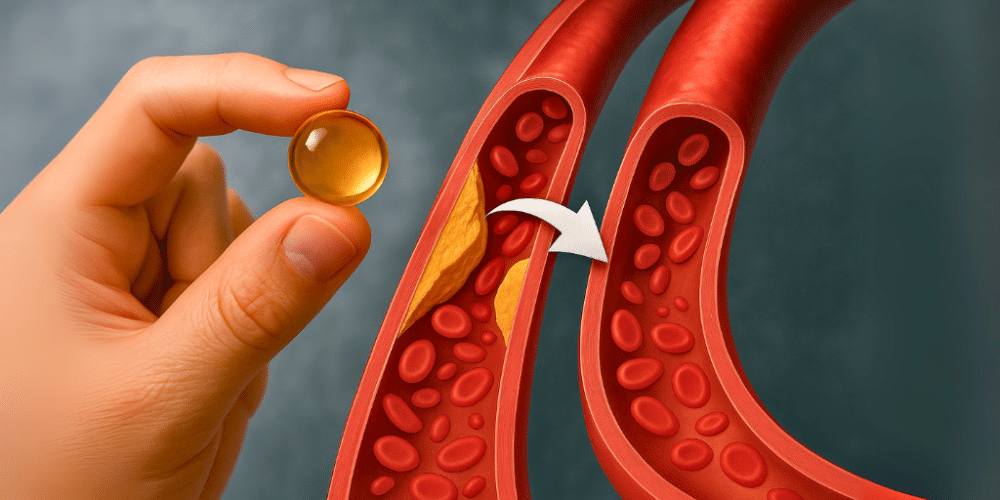
Have you ever worried about heart disease? It’s the number one cause of death around the world, and a major reason is a condition called atherosclerosis, or the hardening of your arteries. This happens when fatty substances build up and form dangerous plaques. Now, in a surprising twist, researchers have found that a simple mineral, manganese, could be a powerful new weapon in this fight, offering hope where current treatments fall short.
Key Takeaways
- A New Role for Manganese: Scientists discovered that manganese can significantly lower harmful fats, like cholesterol and triglycerides, in the blood.
- Clearing Clogged Arteries: In studies with mice, manganese was shown to shrink and clear existing plaques in blood vessels—a feat current medications can’t achieve.
- A Unique Mechanism: Manganese works by changing how your cells release fats into the bloodstream, effectively cutting down the supply of plaque-building materials.
- Future Hope: This breakthrough could pave the way for new treatments that actively reverse the damage of heart disease.
The Problem with Today’s Treatments
When you have too many harmful fats in your blood, it’s a condition called dyslipidemia. It’s a primary driver of atherosclerosis. To combat this, your doctor might prescribe statins, which are very effective at lowering cholesterol. However, these drugs have a major limitation: they can’t do much about the dangerous plaques that have already formed in your arteries. This means the risk of a blockage leading to a heart attack or stroke can remain. Finding a way to not just halt, but reverse, this plaque buildup has been a huge goal for heart researchers.
A Surprising Discovery in a Common Mineral
In two recent studies, scientists made an incredible finding. They discovered that the trace mineral manganese, which your body only needs in small amounts, could play a major role in heart health. In experiments, when researchers gave higher doses of manganese to mice with heart disease, they saw something amazing. The animals’ blood lipid levels dropped, and more importantly, the existing plaques in their arteries began to clear up. This suggests that manganese can do what statins can’t: actively reverse the damage.
How Does Manganese Work Its Magic?
So, how does a simple mineral accomplish this? It all comes down to how fats are transported out of your cells and into your bloodstream. Fats are carried by particles called lipoproteins, and their release is managed by a structure inside your cells known as the COPII complex. The new research shows that manganese ions can interact with this complex in a unique way. They cause the COPII proteins to clump together differently, which changes and reduces how fats are sent into the blood. This novel mechanism not only lowers the amount of harmful lipids but also appears to help the body clear out the plaques that are already there.
What This Means for Your Heart Health
This discovery could fundamentally change how we approach heart disease treatment. According to Dr. Xiao-Wei Chen, the lead author of the studies, this finding elevates manganese from a minor helper in the body to a potential major player in cardiovascular health. The next step is for his team to conduct more research to determine if manganese-based therapies are safe and effective for humans. They will need to figure out the best way to administer it and understand any long-term effects.
Conclusion
While it’s still early, this breakthrough offers tremendous hope. If future studies in people confirm these exciting results, manganese could become a powerful tool for doctors to treat heart disease, especially for patients who already have significant plaque buildup in their arteries. It’s a promising new frontier in the quest for better heart health.
News in the same category

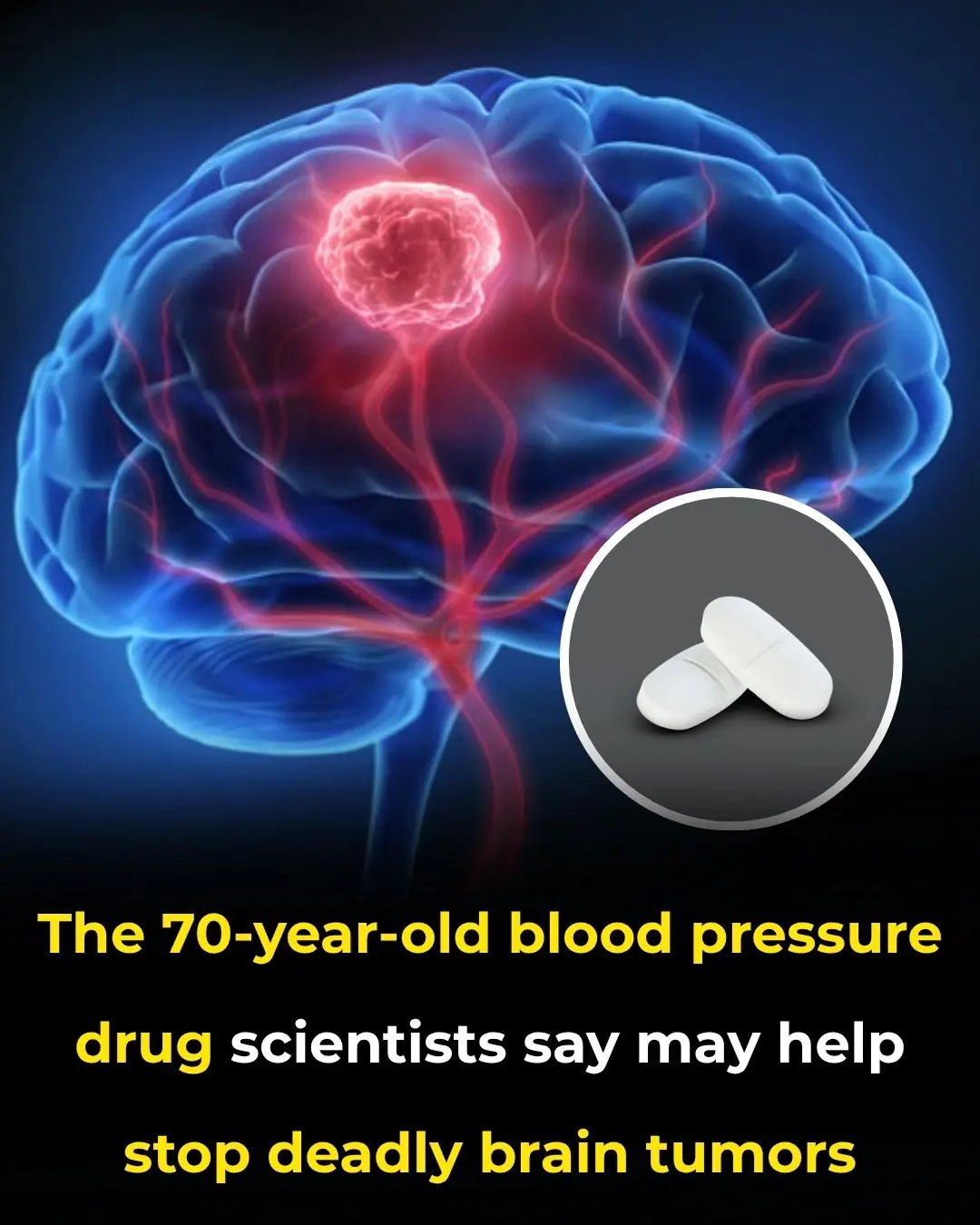
The 70-year-old blood pressure drug scientists say may help stop deadly brain tumors

These 4 common prescription drugs may be silently damaging your nerves
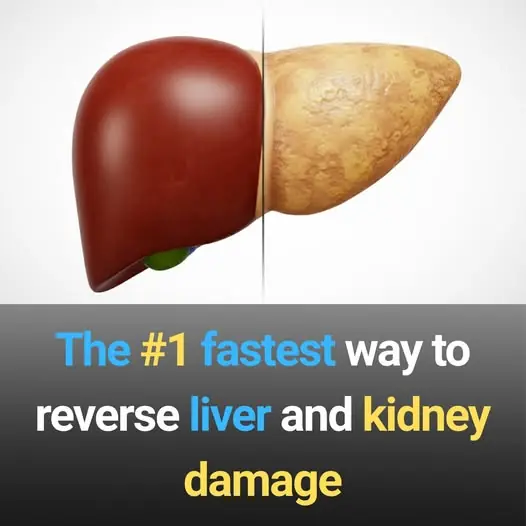
The #1 fastest way to reverse liver and kidney damage
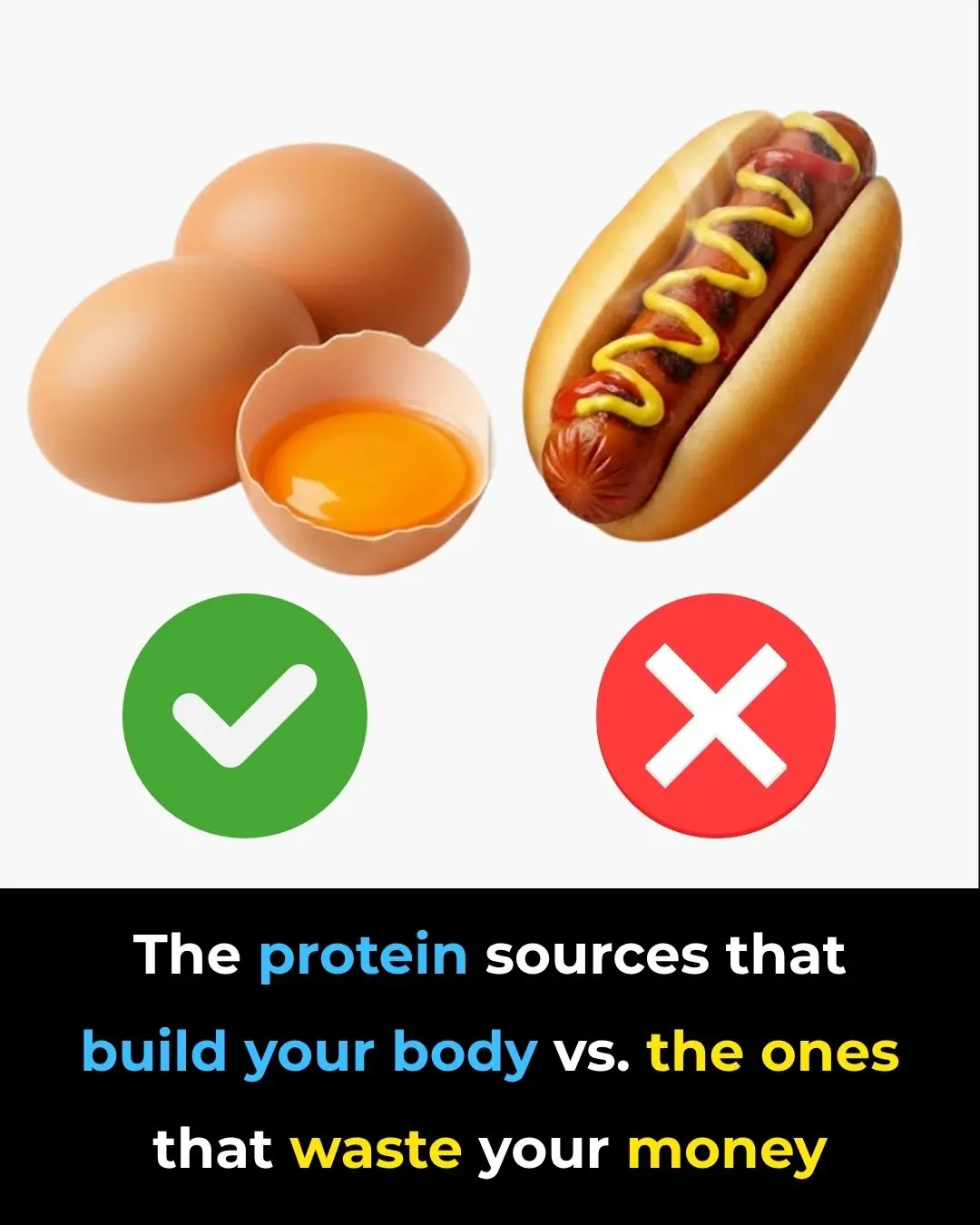
The protein sources that build your body vs. the ones that waste your money
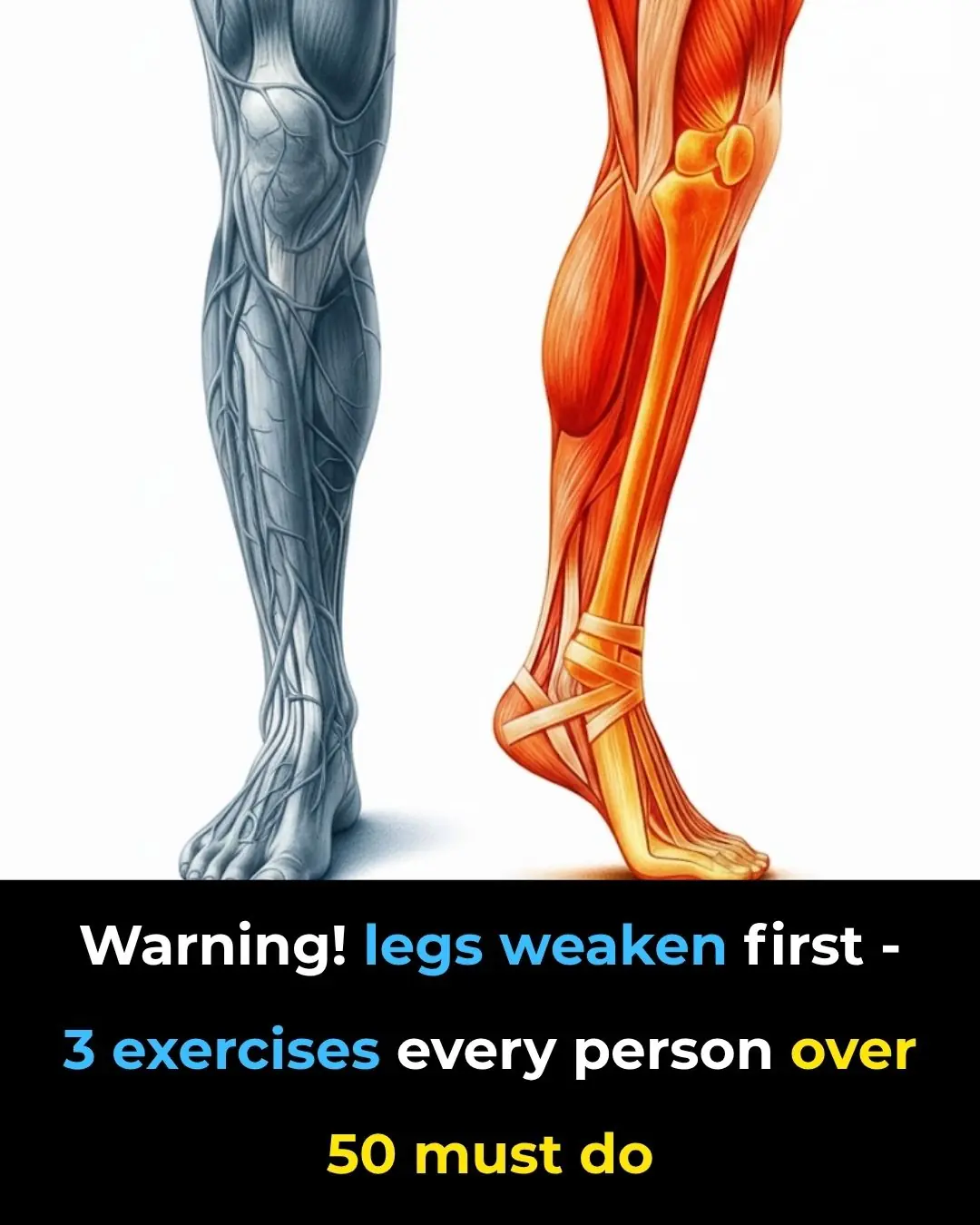
Warning! legs weaken first — 3 exercises every person over 50 must do
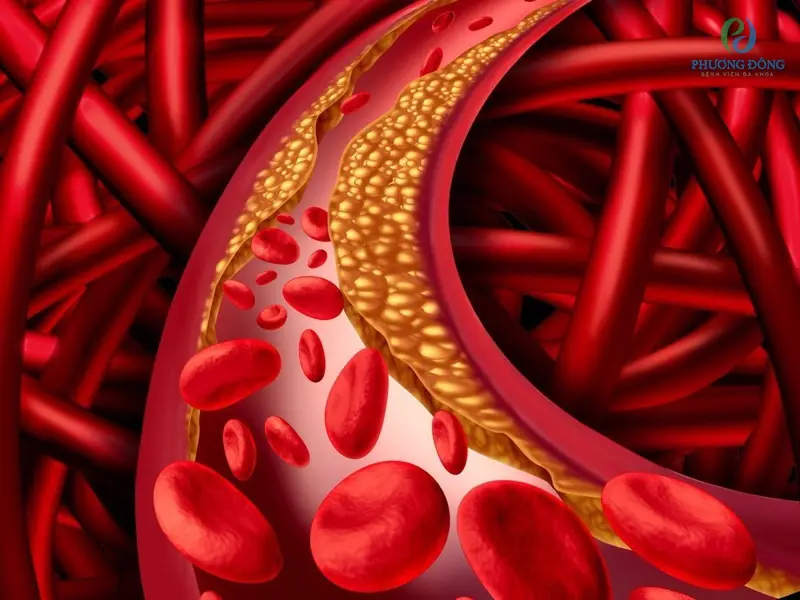
Powerful Foods That Help Prevent Clogged Arteries And Keep Your Heart Feeling 20 Again
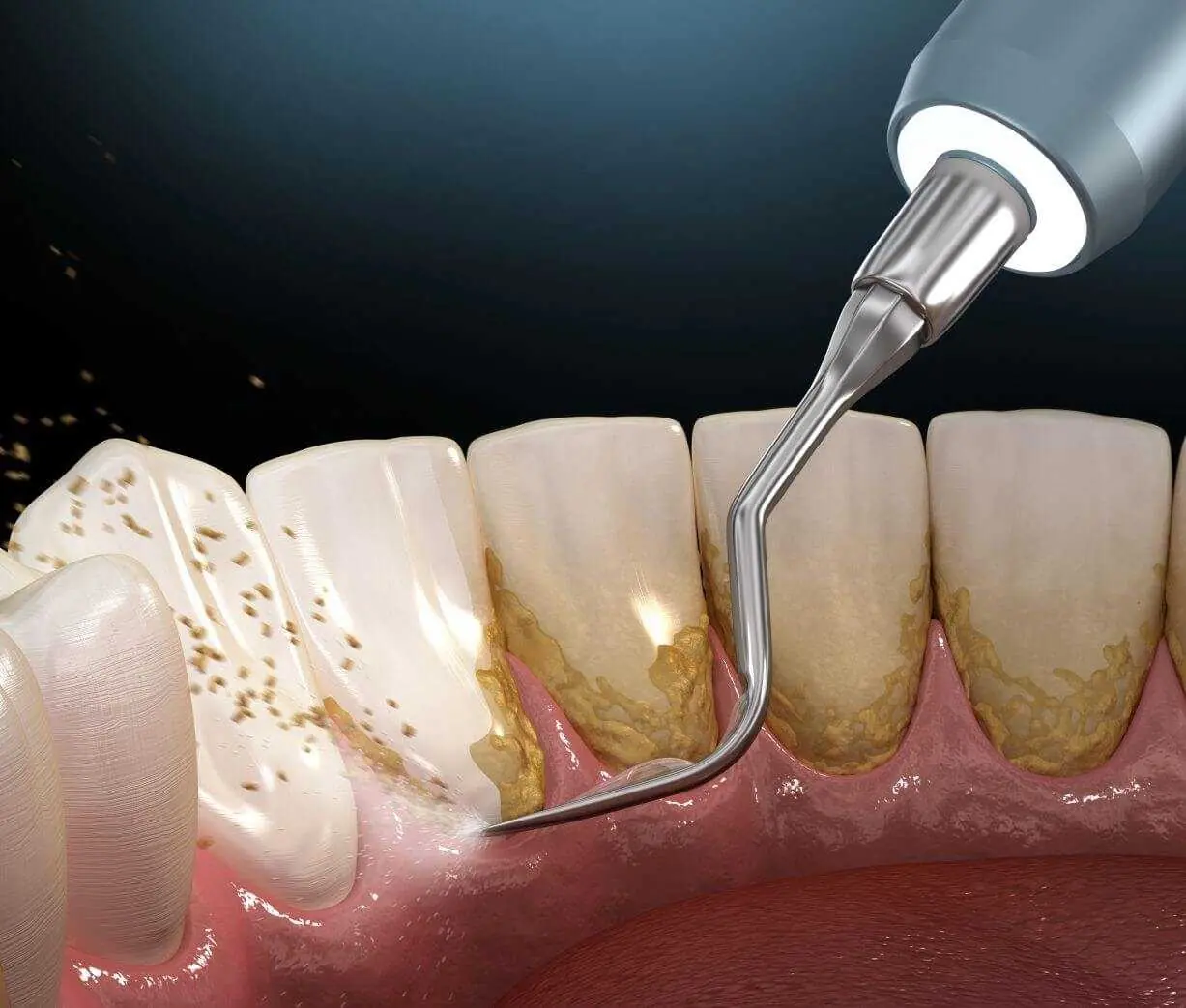
Natural Plaque-Removal Tricks That Actually Work

I used castor oil for neuropathy – here’s what happened in 30 days!
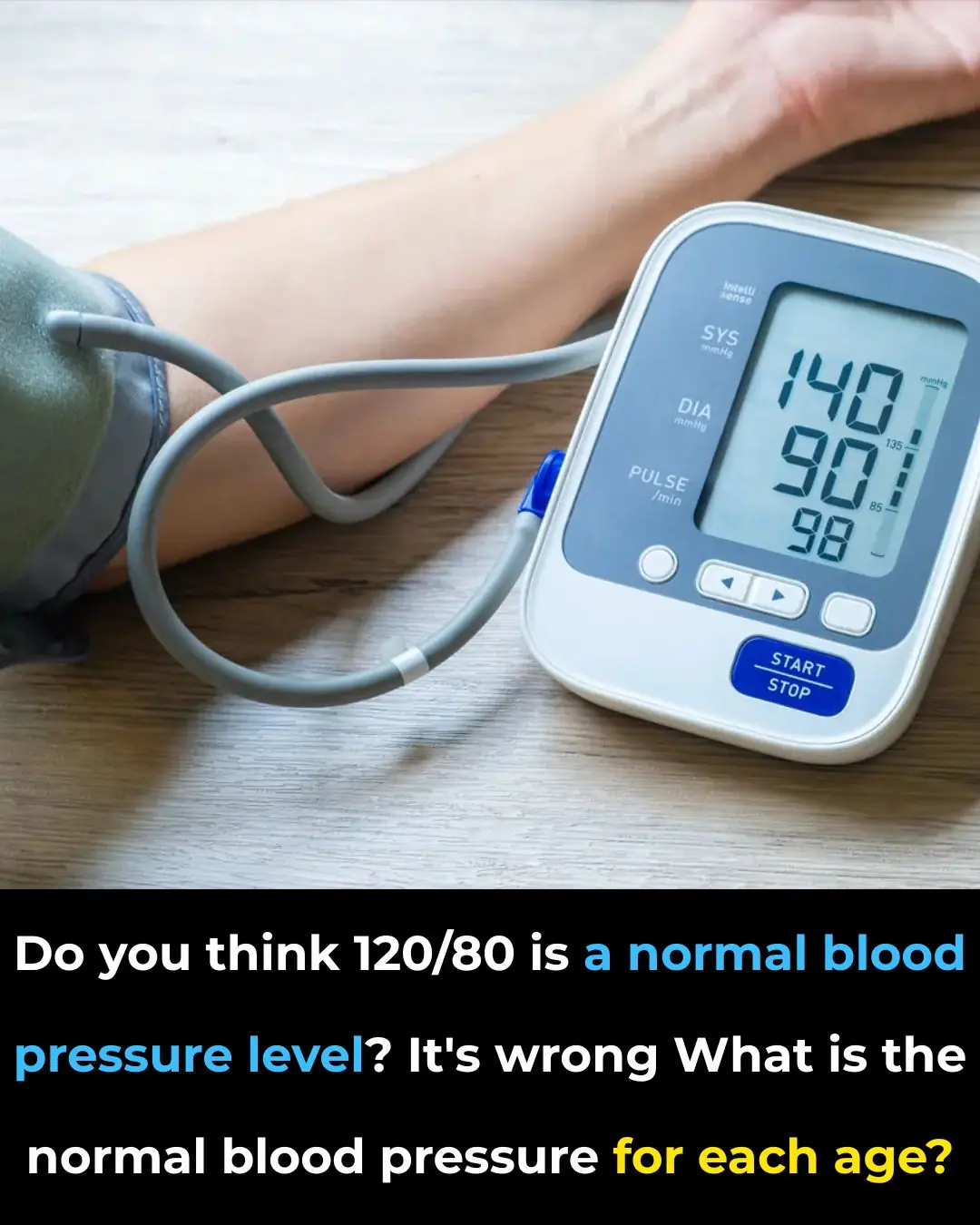
What Is The Normal Blood Pressure For Each Age

How Two Quiet Hours a Day Can Rebuild Your Brain
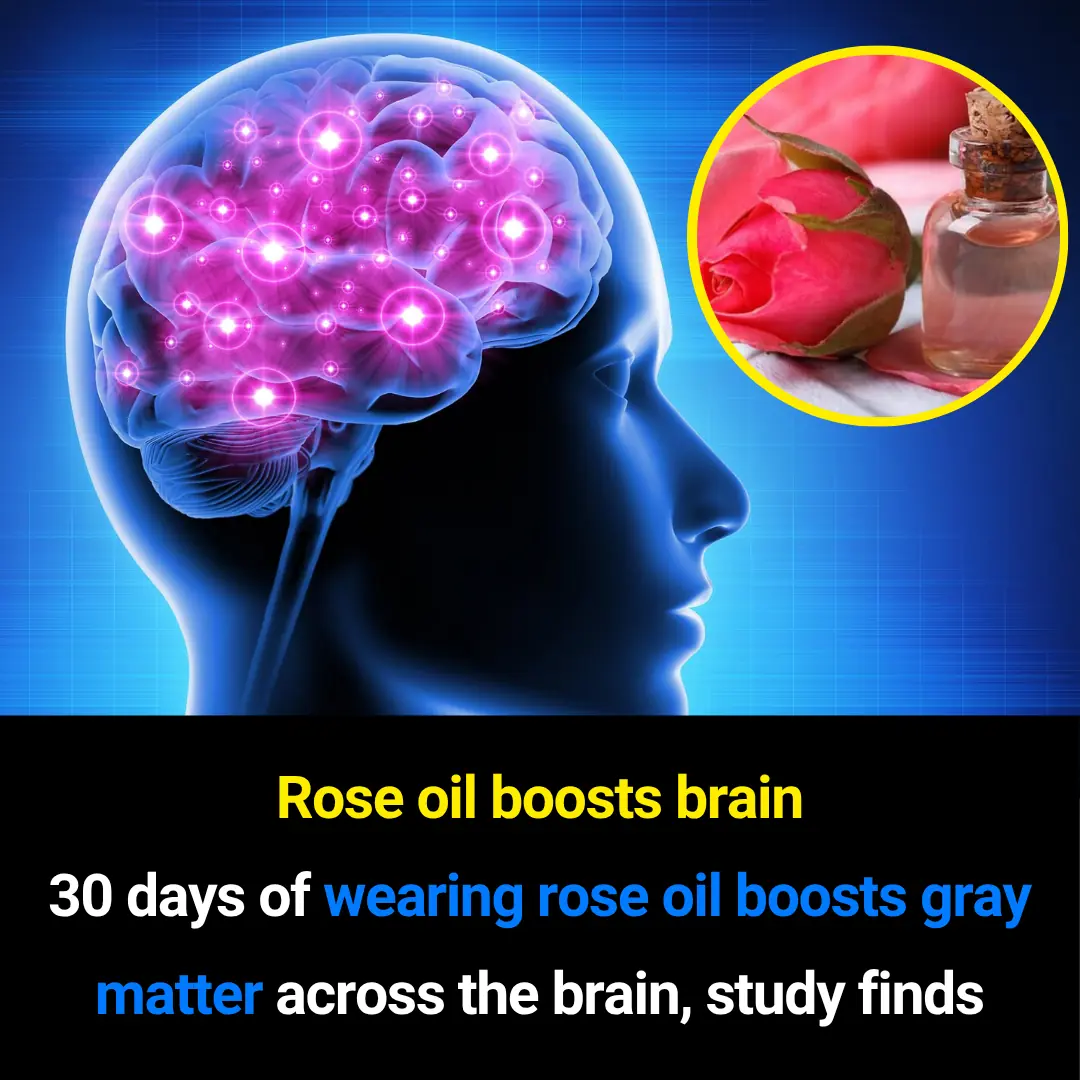
Rose Essential Oil: New Research Shows 30 Days of Aromatherapy May Boost Gray Matter Volume

Italy’s Porous Streets: A Quiet Innovation That Lets Cities Breathe Again

🦵 Swollen Legs and Feet: Causes, Symptoms & Natural Relief Methods

🌿 If You Have These Two “Dimples” on Your Lower Back, Here’s What They Mean
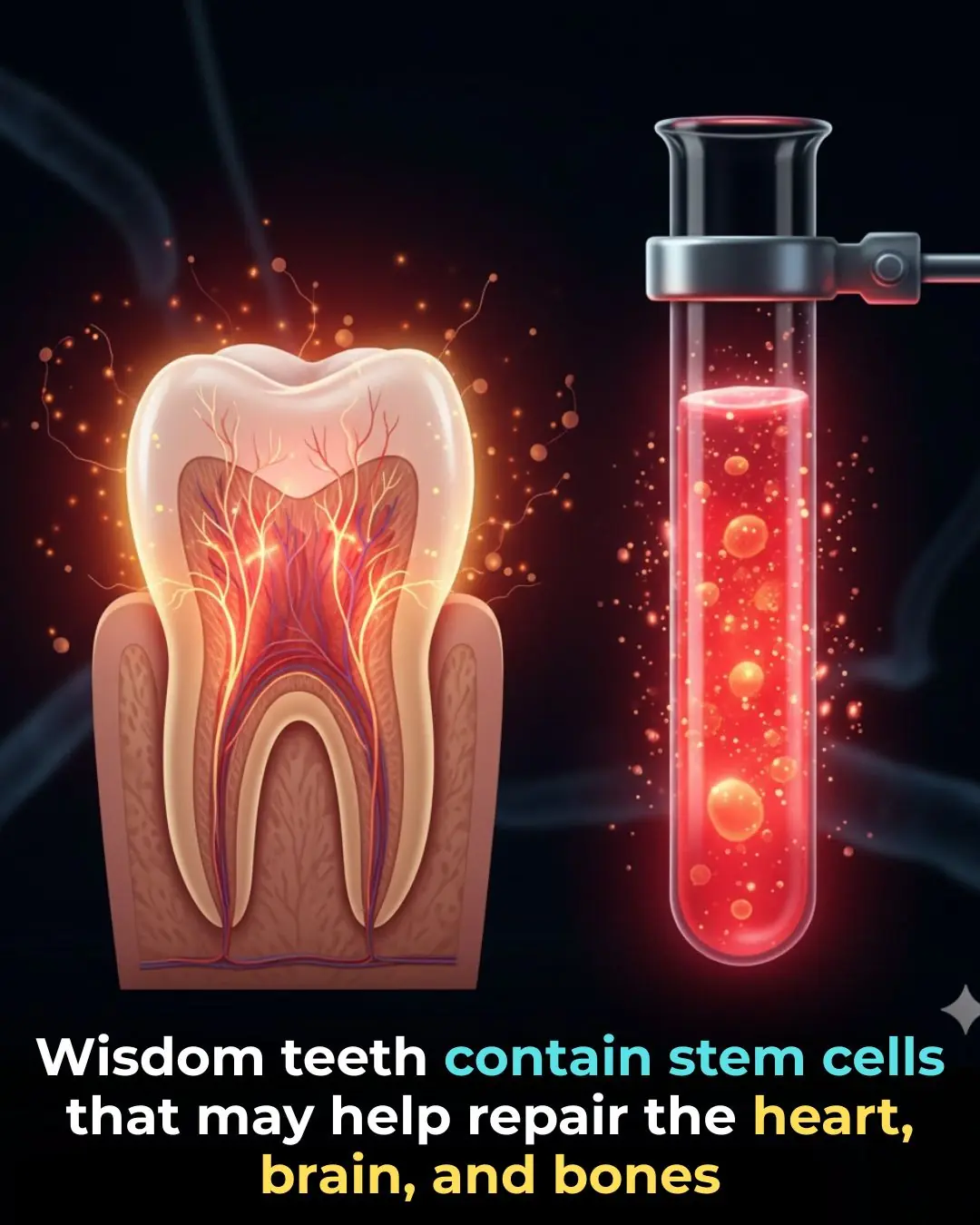
How Wisdom Teeth Could Power the Next Generation of Regenerative Medicine

This one vitamin could help stop you from waking up to pee every night
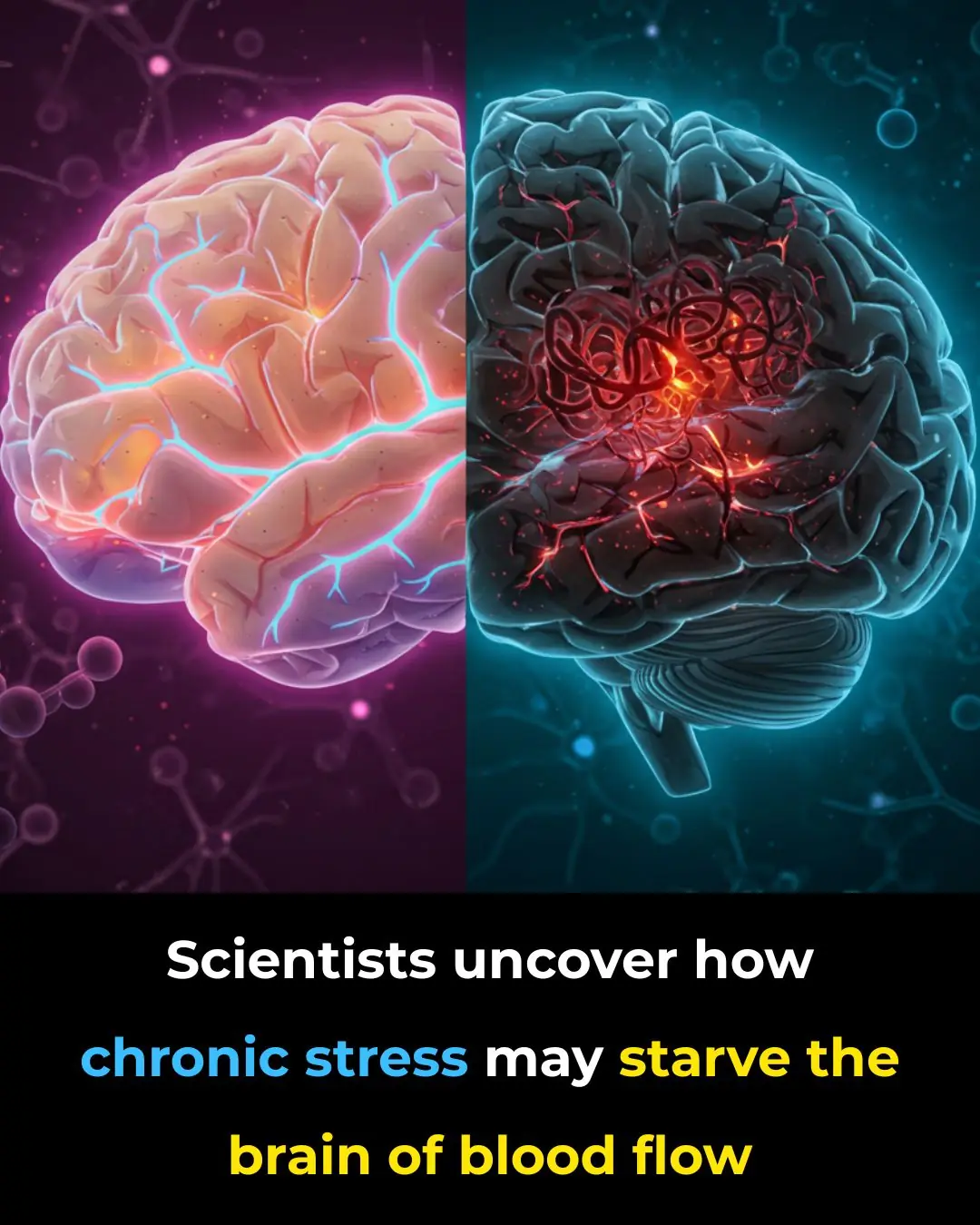
Scientists uncover how chronic stress may starve the brain of blood flow

Japan's Oldest Doctor: Can’t Sleep Through the Night? Use Garlic This Way for Deep Rest in 3 Nights
News Post

Just tried this and whoa

2 Simple and Effective Ways to Remove the Smell from Long-Frozen Meat

Lady had a bunch of empty old pill bottles

There’s a “Hidden Component” Under Your Washing Machine That Can Make Your Clothes Cleaner and Fresher

Wish I saw this sooner! Great tips!

Why Lung Cancer Targets Non-Smokers: The Hidden Kitchen Culprit You Might Not Know About

“Painting the Impossible: China’s Drone Experiments Turn Cliffs into Giant Artworks”

Dropping wind oil on garlic

‘Why Did You Come to This School?’: Lawsuit Says Chicago School Let 10-Year-Old Black Girl Be Called the N‑Word, Punched, and Threatened Daily—Then Blamed Her for the Disruption

Don't boil chicken with salt and water, otherwise it will be fishy and turn red.

Take the meat from the freezer and it's hard as bricks

Your Mattress Getting Dirty and Smelly? Sprinkle This on the Surface — No Water Needed, and It’ll Look Fresh Again

Sink Trick You Should Always Do Before Vacation

My nana taught me this hack to make dusty blinds sparkle in 2 mins with 0 work

How To “Remove” All The Chemicals Out Of Store-Bought Chicken

Stadiums of Sanctuary: A Winter Refuge Beneath South Africa’s Grand Arenas
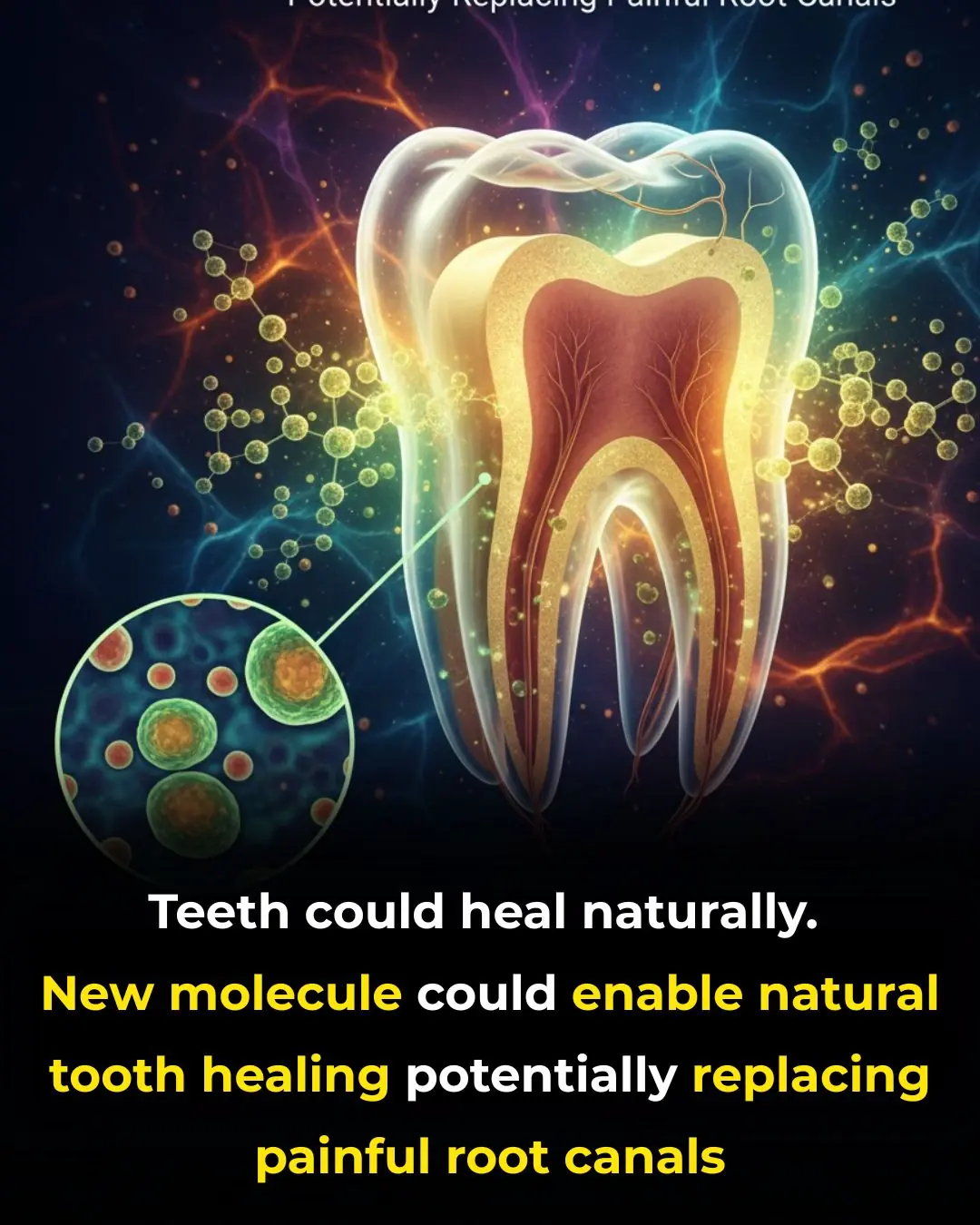
Newly Discovered Molecule Could Allow Teeth to Heal Naturally, Transforming the Future of Dentistry

If You Want Your Meat to Stay Fresh Longer, Make Sure to Do This One Extra Step Before Refrigerating

Sweden Turns School Lunchrooms Into Forest-Inspired Sanctuaries to Boost Student Well-Being
